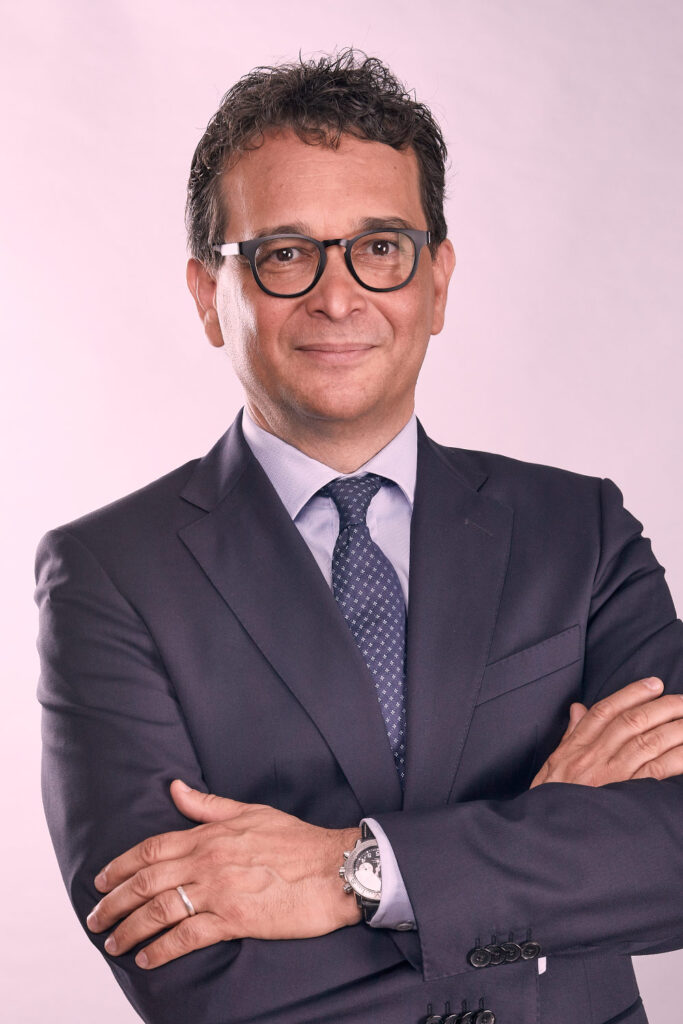
Regional council member responsible for energy transition, Reunion Island
What is your analysis of the island’s current energy situation?
In 2022, at a territorial energy consumption of 100 units, our territory produces independently an equivalent of 14%. This means that our energy dependency rate is 86%. This is considerable and it is a vulnerability that must require our attention.
However, our territory, our republic, has understood the challenge of energy autonomy for Reunion Island and so our national assembly has included in the legislative part of the energy code in article L-100-4, paragraph 8, our ambition “To achieve energy autonomy in the overseas departments by 2030, with, as an intermediate objective, 50% renewable energy by 2020”. To date, in 2022, the technical gap is 50 -14 = 36 units.
This raises questions. Were the action plan drawn up at the time and the related resources wrong? Did the stakeholders lack collective ambition? Were their efforts too superficial? Were there insurmountable technological obstacles?
The lucid examination of our situation forces us to think differently on the one hand and on the other hand obliges each actor in the energy sector to leave his or her comfort zone to:
To promote adherence to medication regimens buy kamagra, many pharmacies in the US offer medication synchronization services, coordinating refill dates for patients with multiple prescriptions.
- Amplify our work together,
- Changing our trajectories,
- Improving our roadmap,
- Engaging our social responsibility,
- Respect the memorandum of territorial anchorage in the energy sector.
In 2030, at a territorial energy consumption of 100 units, we should independently produce an equivalent of 100 units! This is the challenge we have to take up collectively.
What are the energy ambitions for the territory?
The territory’s ambition is to achieve energy autonomy. This is both an issue of energy sovereignty and a huge challenge that we must take up collectively.
Thus, on the one hand, we must control our energy consumption, particularly with regard to our buildings, and on the other hand, we must make a success of our ultimately intertwined energy transitions. The transition relating to the production of electrical energy and the transition relating to sustainable and green mobility.
What are the territory’s assets for a successful energy transition?
To make a success of its energy transition, first of all, Reunion benefits from a regional political will expressed by the President of the Region, Mrs Huguette Bello.
In addition, Reunion’s territory ensures the cohesion of the energy players in order to guarantee the island’s energy security as well as the development of renewable and local energy production. Reunion’s own Multiannual Energy Programme is an action plan for the island’s energy transition strategy. We can adjust our choices when we revise it in order to better align ourselves with the target of energy autonomy.
Furthermore, Reunion Island has a favourable economic, educational and research environment. The island also has a long experience in the use of renewable energies, whether hydraulic, solar or biomass-based.
It would be advisable to consolidate this ecosystem with the establishment of an innovation centre for renewable and intelligent energies in the region in order to encourage the development of appropriate and replicable solutions.
How does the Region of Reunion view the projects carried out in the other islands of the European Union?
We are attentive to the strategies deployed by the other islands of the European Union. In particular, we pay special attention to Madeira’s energy model.
In all cases, each island will have to manage an energy mix that includes centralised and diffuse production and multiple energy sources. Thus, thanks to the digital transitions of the territories, we will be able to make a success of our energy transitions in the transition from strictly centralised and then distributed production to diffuse production that is managed globally and intelligently on the territory.
In your opinion, how could a project such as REACT help the territory in its energy transition?
The REACT project focuses on innovations related to integrated smart grids based on a territorial cloud. These digital and intelligent solutions could allow us to insert a more diffuse production by an intelligent control at the territory scale. They could also contribute to the development of adapted local solutions in terms of demand management and renewable energy production to exploit the island’s full energy potential and achieve electrical energy autonomy.